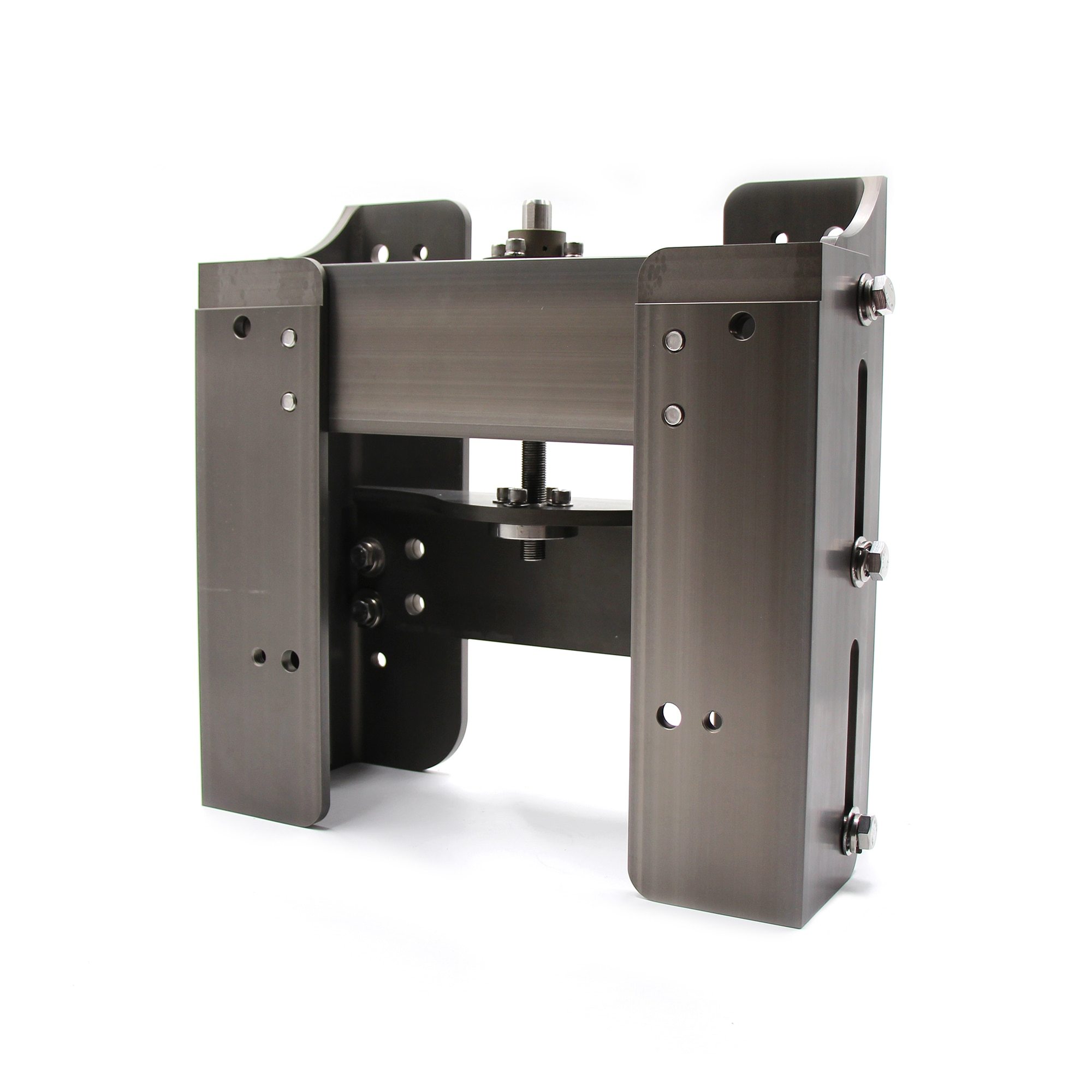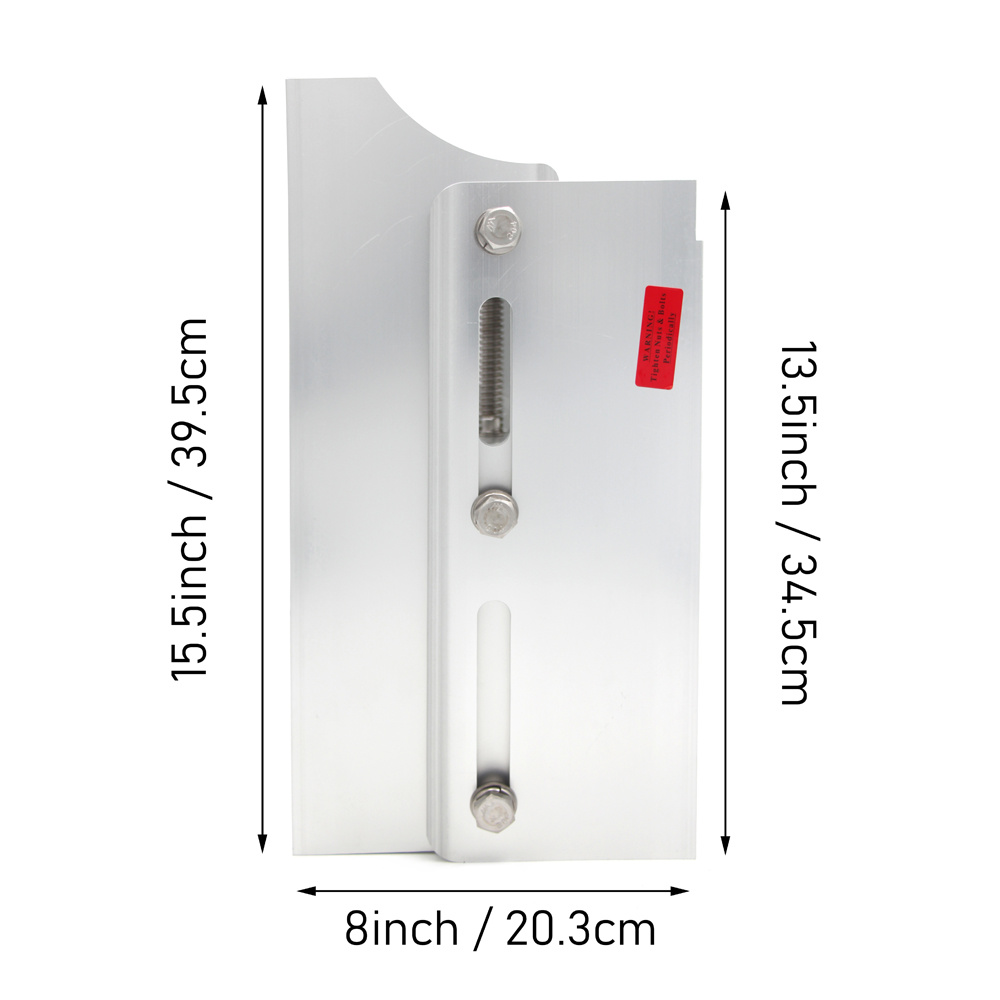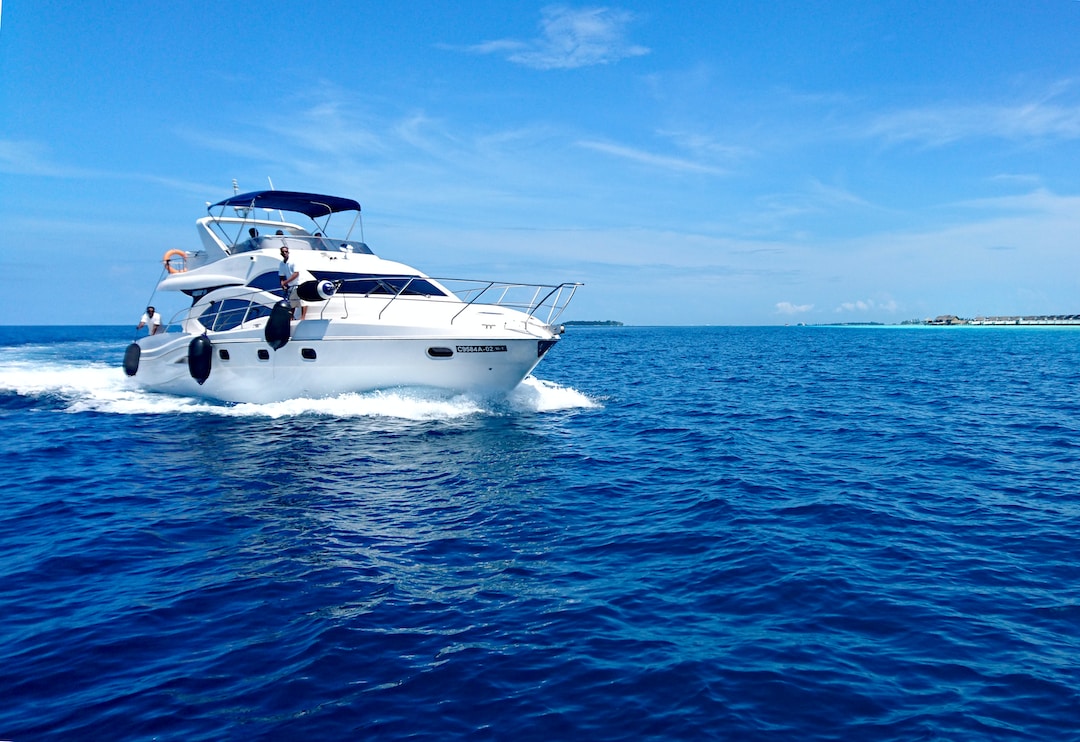The Ultimate Guide to Operating a 12" Setback Hydraulic Jack Plate: Best Practices and Expert Tips
2025-08-19
The Ultimate Guide to Operating a 12" Setback Hydraulic Jack Plate: Best Practices and Expert Tips
Table of Contents
Introduction to Hydraulic Jack Plates
What is a Hydraulic Jack Plate?
Benefits of Using a 12" Setback Hydraulic Jack Plate
Installation Guide for a 12" Setback Hydraulic Jack Plate
Tools Required for Installation
Step-by-Step Install
The Ultimate Guide to Operating a 12" Setback Hydraulic Jack Plate: Best Practices and Expert Tips
Table of Contents
- Introduction to Hydraulic Jack Plates
- What is a Hydraulic Jack Plate?
- Benefits of Using a 12" Setback Hydraulic Jack Plate
- Installation Guide for a 12" Setback Hydraulic Jack Plate
- Best Practices for Operating Your Jack Plate
- Maintenance Tips for Longevity
- Troubleshooting Common Issues
- Frequently Asked Questions
- Conclusion
Introduction to Hydraulic Jack Plates
In the world of boating, optimizing performance is crucial. A **hydraulic jack plate** plays an essential role in achieving superior handling and speed. By allowing you to raise or lower your outboard motor, it helps balance your boat, improves fuel efficiency, and enhances overall maneuverability. Among various types, the **12" setback hydraulic jack plate** has emerged as a favorite for many boaters due to its adaptability and performance capabilities.
What is a Hydraulic Jack Plate?
A hydraulic jack plate is a mechanical device that adjusts the vertical position of an outboard motor. It consists of two main components: the mounting bracket (attached to the boat transom) and the plate (to which the outboard motor is mounted). The hydraulic system allows users to adjust the height of the motor, either raising or lowering it, which can significantly impact the boat's performance in various water conditions.
Benefits of Using a 12" Setback Hydraulic Jack Plate
The **12" setback hydraulic jack plate** offers numerous benefits that make it a valuable addition for boating enthusiasts:
Enhanced Performance
By adjusting the motor's height, you can optimize your boat's performance. A properly set jack plate can reduce drag and improve speed, making your outings more enjoyable.
Improved Fuel Efficiency
When the motor is correctly positioned, your boat can achieve better fuel efficiency. This can lead to significant savings over time, especially during longer trips.
Increased Stability
A setback jack plate can help balance the boat better, which is particularly beneficial when navigating through choppy waters. It creates a more stable ride, enhancing safety for all onboard.
Compatibility with Various Hull Types
The 12" setback design is versatile and can be used with various boat hull types, making it suitable for a broad range of boating applications.
Installation Guide for a 12" Setback Hydraulic Jack Plate
Installing a **12" setback hydraulic jack plate** may seem daunting, but with the right tools and guidance, it can be a straightforward process.
Tools Required for Installation
Before you start, gather the following tools and materials:
- Socket set
- Wrenches
- Screwdrivers
- Drill
- Marine-grade sealant
- Torque wrench
- Level
Step-by-Step Installation Process
Follow these steps for a successful installation:
Step 1: Prepare the Area
Ensure that your boat is securely placed on a level surface. Remove any items obstructing access to the transom.
Step 2: Remove the Outboard Motor
Carefully disconnect the outboard motor from the transom. Ensure that all electrical connectors and fuel lines are properly detached.
Step 3: Attach the Jack Plate to the Transom
Align the jack plate with the transom holes. Use a level to ensure it's straight, and mark the drilling points. Using a drill, create holes for the mounting bolts.
Step 4: Secure the Jack Plate
Apply marine-grade sealant to the bolt holes for added protection against water intrusion. Securely attach the jack plate to the transom using the provided bolts, and torque them according to the manufacturer's specifications.
Step 5: Mount the Outboard Motor
Attach the outboard motor to the jack plate, ensuring it is mounted securely. Double-check that all connections are properly reattached.
Step 6: Test the Jack Plate Functionality
Before taking the boat on the water, test the hydraulic system to ensure it operates smoothly. Adjust the motor height and verify that all settings are functioning correctly.
Best Practices for Operating Your Jack Plate
Once your jack plate is installed, following best practices will help maximize its performance.
Regularly Check Fluid Levels
Frequent checks of the hydraulic fluid levels are essential. Ensure that the fluid is at the appropriate level to prevent any operational issues. Low fluid levels can lead to reduced performance and potential damage.
Adjusting the Jack Plate for Optimal Performance
Adjust your jack plate based on water conditions and boat load. For instance, when navigating through shallow waters, lower the motor to increase thrust. Conversely, during cruising, raise it for better speed and fuel efficiency.
Maintenance Tips for Longevity
Regular maintenance is crucial for extending the life of your hydraulic jack plate.
Keep it Clean
After each outing, clean the jack plate to remove any grime or saltwater residue. This helps prevent corrosion and ensures smooth operation.
Inspect for Wear and Tear
Regularly inspect hydraulic lines, fittings, and seals for signs of wear. Replace any parts that appear damaged to maintain optimal functionality.
Lubricate Moving Parts
Applying lubricant to moving parts will reduce friction and wear, enhancing the longevity of the hydraulic system.
Troubleshooting Common Issues
Even with proper care, issues can arise. Here are some common problems and solutions:
Hydraulic Fluid Leaks
If you notice hydraulic fluid leaking, check all fittings and connections for tightness. Inspect hoses for damage and replace them if necessary.
Slow or No Movement
If the jack plate is slow to respond, check the fluid level first. Low fluid can lead to sluggish performance. If levels are adequate, inspect the pump for possible malfunctions.
Unstable Motor Height
If you notice that the motor height changes unexpectedly, there may be a hydraulic leak or a faulty valve. Regular maintenance and prompt repairs can prevent this issue.
Frequently Asked Questions
1. How often should I check the hydraulic fluid in my jack plate?
We recommend checking the hydraulic fluid levels after every few outings or if you notice any performance issues.
2. Can I install a jack plate on any boat?
Most boats can accommodate a jack plate, but it’s essential to verify compatibility with your specific model and transom design.
3. What is the ideal height setting for my jack plate?
The ideal height varies based on the boat type and water conditions. It’s advisable to experiment with settings to find your optimal position.
4. Can I adjust the jack plate while on the water?
Yes, many hydraulic jack plates allow for adjustments while the boat is in motion, providing flexibility in varying water conditions.
5. Are there any specific brands recommended for hydraulic jack plates?
Some popular brands include Bob's Machine Shop, Atlas, and Detwiler. Research user reviews to find a brand that suits your needs.
Conclusion
Operating a **12" setback hydraulic jack plate** can significantly enhance your boating experience. By understanding its functionalities and adhering to best practices for installation, operation, and maintenance, you can maximize performance and longevity. Remember to monitor hydraulic fluid levels, adjust settings based on conditions, and perform regular inspections to ensure smooth sailing. By following this comprehensive guide, you’ll become proficient in managing your hydraulic jack plate and enjoy the benefits it brings to your boating adventures.
hydraulic jack plate 12" setback
RELEVANT INFORMATION
The Ultimate Guide to Operating a 12" Setback Hydraulic Jack Plate: Best Practices and Expert Tips
The Ultimate Guide to Operating a 12" Setback Hydraulic Jack Plate: Best Practices and Expert Tips
Table of Contents
Introduction to Hydraulic Jack Plates
What is a Hydraulic Jack Plate?
Benefits of Using a 12" Setback Hydraulic Jack Plate
Installation Guide for a 12" Setback Hydraulic Jack Plate
Tools Required for Installation
Step-by-Step Install
2025-08-19
The Essential Guide to Hydraulic Jack Plate with 10" Setback for Marine Applications
When it comes to enhancing the performance of your boat, one crucial component to consider is a hydraulic jack plate, especially one with a 10" setback. This device plays a vital role in the operation and efficiency of your boat's engine and hull, significantly affecting overall performance.
A hydraulic jack plate serves as a mounting device for your boat's outboard motor. By allowing you to adjus
2025-08-16
Maximize Your Boat's Performance with an 8" Setback Hydraulic Jack Plate
Maximize Your Boat's Performance with an 8" Setback Hydraulic Jack Plate
Table of Contents
1. Understanding Hydraulic Jack Plates
2. Benefits of Using an 8" Setback Hydraulic Jack Plate
3. Key Features to Look for in a Hydraulic Jack Plate
3.1 Material and Durability
3.2 Weight Considerations
4. How an 8" Setback Affects Boat Performance
4.1 Improved Speed and Fuel Efficiency
4.2 Enhanced Handling
2025-08-13





